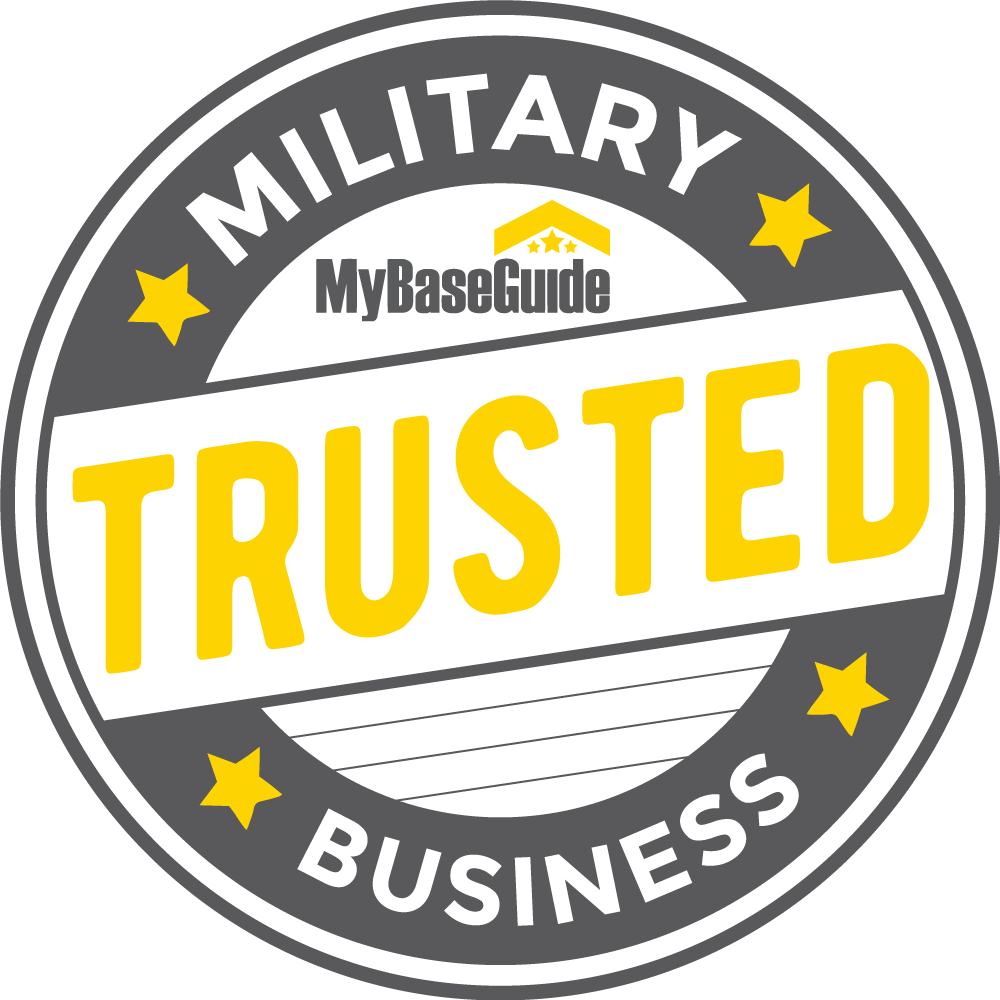
Holidays are a mix of glittering lights and mounting stress. For many, the pressure of juggling gift shopping, family dynamics, and packed schedules outweighs the joy.
It’s no wonder so many feel stretched thin before the new year even starts.
But this year, what if you made your mental health the focus?
Why Is the Holiday Season So Stressful?
The holidays often come wrapped in cheerful traditions. It also carries hidden stressors that can influence mental health. About 38% of people report heightened stress during this time. Several factors contribute to the pressure:
- Financial Strain:
Holiday spending adds up fast, with Americans averaging over $1,000 annually for gifts. For many, this creates financial stress that can overshadow the season’s joy. - Time Crunch: Managing work, family, and holiday preparations often leaves no room for self-care.
- Social Pressure: The expectation to attend gatherings, host flawlessly, and remain cheerful can feel overwhelming.
Emotional and physical health can also take a hit. Seasonal Affective Disorder (SAD), affecting 5% of adults, worsens with shorter days. Additionally, family reunions may reignite conflicts or amplify grief for those missing loved ones.
How Can You Set Realistic Expectations?
Unrealistic expectations are a major driver of holiday stress. To avoid stress and focus on what truly matters, consider these actionable steps:
- Focus on priorities. Decide what holds the most value for you, whether it’s spending time with loved ones, volunteering, or simply relaxing.
- Set a budget. Financial stress peaks during the holidays. About 56% of Americans feeling pressured to overspend. Establish limits on gifts, travel, and entertainment to ease money worries.
- Simplify traditions. Let go of customs that feel overwhelming. A potluck can replace a formal dinner. You can skip events that don’t bring happiness.
Let loved ones know your boundaries. Whether it’s about hosting, attending events, or gift exchanges. Finally, embrace imperfection. No holiday is flawless. And letting go of that ideal can make the season lighter, more joyful, and truly memorable.
How Can You Maintain Healthy Boundaries?
Without clear boundaries, you risk overextending yourself and feeling burned out. Prioritize your well-being with these strategies:
- Say No Without Guilt: Decline overwhelming invitations to focus on personal priorities.
- Limit Social Media: Avoid comparisons by reducing screen time.
- Plan Ahead for Conversations: Prepare neutral responses for sensitive topics.
Boundaries protect your mental health. Setting clear limits allows you to enjoy the holidays on your terms and build stronger relationships.
Why Is Self-Care Non-Negotiable During the Holidays?
The heightened demands of this time can lead to stress and fatigue. Even burnout if personal well-being is ignored. Prioritizing self-care is non-negotiable.
- Prevents Burnout: The constant hustle of holiday preparations. From shopping to attending gatherings, can quickly deplete energy.
- Boosts Emotional Resilience: Self-care helps regulate emotions and manage holiday-related stressors. Simple practices like mindfulness or journaling can reduce cortisol levels.
- Maintains Physical Health:
Skipping meals or overindulging in holiday treats can exhaust your immune system. Stay active and eat balanced meals. Staying hydrated also helps keep colds and flu away. - Supports Better Relationships: Caring for yourself lets you to show up more fully for others. Interactions with loved ones become more meaningful when you’re rested and calm.
How Can You Handle Grief and Loneliness During the Holidays?
The holidays can intensify feelings of grief and loneliness. Especially for those who’ve lost loved ones or feel isolated. Some useful strategies:
- Accept Your Feelings: Denying emotions only intensifies them. Accepting sadness or loneliness is the first step to healing.
- Create New Traditions: If old traditions feel too painful, consider starting new ones. For example, volunteer at a shelter or host a Friendsgiving.
- Honor Loved Ones: Pay tribute to those you’ve lost by lighting a candle, sharing memories, or dedicating a holiday activity to them. This can bring a sense of connection.
- Stay Connected: Reach out to friends, family, or support groups. Technology makes this easier with virtual gatherings or phone calls.
- Seek Professional Support: If feelings of grief or loneliness become overwhelming, consult a therapist. The National Alliance on Mental Illness (NAMI) offers resources and hotlines for those in need.
Grief and loneliness don’t vanish overnight, but small, intentional actions can ease their heaviness. Leaning into connections with others can offer comfort and relief. Allowing yourself to feel and honor your emotions creates space for healing.
Why Should You Limit Alcohol and Sugar?
Holiday treats and drinks are inviting. However, too much sugar or alcohol can affect your health. Here’s why moderation matters:
- Impact on Mood and Energy:
Sugar spikes and crashes can disrupt mood and energy. Irritability, fatigue, and anxiety often follow. Experts suggest women limit added sugar to 25 grams daily, men to 36 grams. Exceeding this can affect mental health. Small changes in sugar intake help stabilize emotions. - Alcohol’s Effect on Mental Health: Alcohol is actually a depressant. Alcohol can worsen anxiety and disrupt sleep.
- Sleep Disruption: Both alcohol and sugar interfere with sleep quality. Alcohol reduces REM sleep. Sugar increases the likelihood of waking up during the night. Poor sleep leads to reduced focus and raised stress during the day.
- Increased Risk of Health Issues:
Overindulging weakens immunity, increasing illness risk. Excess sugar fuels inflammation and worsens chronic conditions.
To maintain balance:
- Opt for water, herbal teas, or mocktails rather of alcoholic beverages.
- Enjoy sweets in moderation. Balance them with nutrient-rich foods like fruits and nuts.
- Prioritize hydration to counteract the dehydrating results of alcohol.
Mindful choices increase energy and lessen stress during the holidays. Simple efforts safeguard your mental health.
When Should You Seek Professional Help?
Knowing when to seek professional help is necessary to protect mental health. Here are clear signs that it’s time to reach out:
- Persistent Sadness or Anxiety: Sadness, hopelessness, or constant anxiety lasting over two weeks might signal a serious concern. Conditions like depression or generalized anxiety disorder could be the underlying cause.
- Difficulty Functioning: Struggling to complete daily tasks, such as going to work or maintaining relationships, is a red flag.
- Sleep Disturbances: Chronic insomnia or excessive sleeping can signal underlying mental health problems.
- Physical Symptoms: Unexplained headaches, stomach issues, or muscle tension can be physical manifestations of stress or anxiety.
- Substance Dependency: Using alcohol, drugs, or even food as a coping mechanism can worsen mental health and physical well-being.
Professional help provides coping strategies and emotional support. Options like CBT or TMS Therapy can ease mental health struggles. Medication may also help manage symptoms. The earlier you seek support, the more effective the outcomes.
Why Choose the TMS Institute of Arizona for Support?
The TMS Institute of Arizona uses advanced treatments and a dedicated team to support your mental health during the holidays. Our proven therapies and expert approach ensure you’re in capable hands. Many rely on us as a trusted resource:
- Innovative Therapies: Transcranial Magnetic Stimulation (TMS) is an FDA-approved, non-invasive treatment for depression and anxiety. It offers hope for those who haven’t found relief with medication. Backed by research, TMS targets specific brain areas effectively.
- Care That Fits You: The TMS Institute of Arizona focuses on providing treatments that truly work for each person. Our team creates plans that adjust to your goals and challenges. Every action is designed to make a real difference.
- Experienced Professionals: Our staff includes some of the top specialists in the field. We integrate expertise with heart to make you feel supported.
- Convenient Access: We have multiple locations and flexible scheduling. We make it easy to prioritize your mental health.
Don’t let holiday stress or mental health challenges hold you back. Reach out to us today to learn more about how our treatments can help you regain balance and joy.
Together, we can create a path toward lasting well-being. The TMS Institute of Arizona is here to help you thrive, even during life’s busiest seasons.
References
How Much Sugar Is Too Much? (2019, May 29). Www.heart.org. https://www.heart.org/en/healthy-living/healthy-eating/eat-smart/sugar/how-much-sugar-is-too-much
NAMI: National Alliance on Mental Illness. (2022). NAMI: National Alliance on Mental Illness. https://www.nami.org/
SWNS. (2024, December 5). How to avoid the most common “money wounds” during holiday spending. New York Post. https://nypost.com/2024/12/05/lifestyle/can-the-holidays-lead-to-compulsive-overspending/
Saad, L. (2024, November 27). Gallup.com; Gallup. https://news.gallup.com/poll/653840/shoppers-plan-spend-000-holiday-gifts.aspx
Even a joyous holiday season can cause stress for most Americans. (2023, November 30). Https://Www.apa.org. https://www.apa.org/news/press/releases/2023/11/holiday-season-stress
Seasonal Affective Disorder (SAD). (2024). Psychiatry.org. https://www.psychiatry.org/patients-families/seasonal-affective-disorder
Advisory: This blog is intended for educational purposes. For medical concerns, consult your healthcare provider.













